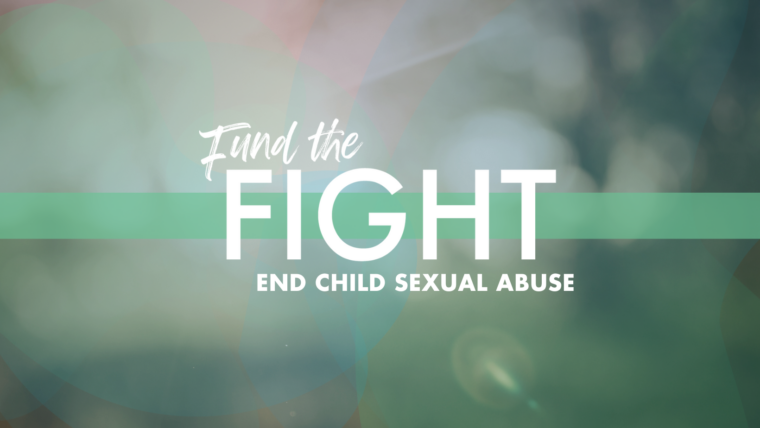I have to admit, I’m not a helicopter mom. At least I don’t think I am. I remember one of the very first lessons I learned as a new mother. I read that if your kid trips and falls down, you’re not supposed to rush to their side with an overly excited, “Are you ok?” Something about that response teaches them that whatever just happened was supposed to hurt them, even if it didn’t. And I guess that kind of laid the groundwork for my parenting style. I like to encourage my son to figure things out for himself, but be close enough that if he needs help I’m there to provide assistance.
But there are times that we know we have to be more actively involved in the process of teaching our kids. Particularly in cases where we don’t want them to get seriously hurt. This is especially true as they get older. We talk to them about all kinds of scenarios in an effort to keep them safe. We talk to them about how to cross the street safely, how to wear their bicycle helmets correctly, and one of the big ones, we talk to them about “stranger danger.”
As a product of the late-seventies and early eighties, I remember “stranger danger” being a big safety push for kids. We weren’t supposed to talk to strangers. I even had a book that had all these crazy looking animals that were reiterating the Don’t Talk To Strangers message. The spectre of the man in the van was always there, offering kids candy, and it was terrifying. I didn’t want to be kidnapped and/or abused, so not talking to strangers was a top priority in my world.
One of the ways I started the conversation with my son when he was small was by using the proper names for all his body parts, and making sure that he knew the proper names for girls’ parts as well. We teach them to identify their nose, eyes, and fingers…why not all their parts? It’s amazing how nerve-wracking that first conversation can be until you realize that for a child it’s just another word. Once the groundwork for proper names has been laid, you can explain to the child the boundaries that come along with those parts (see the video for some great explanations on how to do this). It’s easier for a predator to prey on a child that has no concept of boundaries, so helping your child understand their own boundaries is a defense in itself.
Even though I started these conversations years ago (my son is 11 now), I still take the opportunity to reiterate these lessons. While these days those reminders might get an eye roll from my pre-teen, I know that he gets it because we’re TALKING ABOUT IT. As the parent, trust yourself that you know how best to have these conversations with your child and that you can do it.
I don’t need to be the mom that rushes in at every moment in order to be equipped to talk to my son about child sexual abuse. I just need to have the willingness to recognize that it won’t always be easy but that it’s so important. I just have to try.
Gwen Bouchie is the Communications Manager for Darkness to Light. She is grateful for everything that she’s learned about protecting children from sexual abuse and shares that information freely with friends, family and random strangers.
In order to create a safe and supportive community for all of our readers, comments that are mean spirited or contain personal attacks will not be approved. Additionally, please help us maintain productive conversations by refraining from posting profanity, spam, advertisements, and unrelated comments. Darkness to Light reserves the right to refrain from approving any comment that does not adhere to the above guideline or is otherwise deemed inappropriate.




Lessons of Motherhood. But where are the dads? It rather seems that talking about sexuality is something for mums. (Sexual)-safety is something precious to share. Share alike.